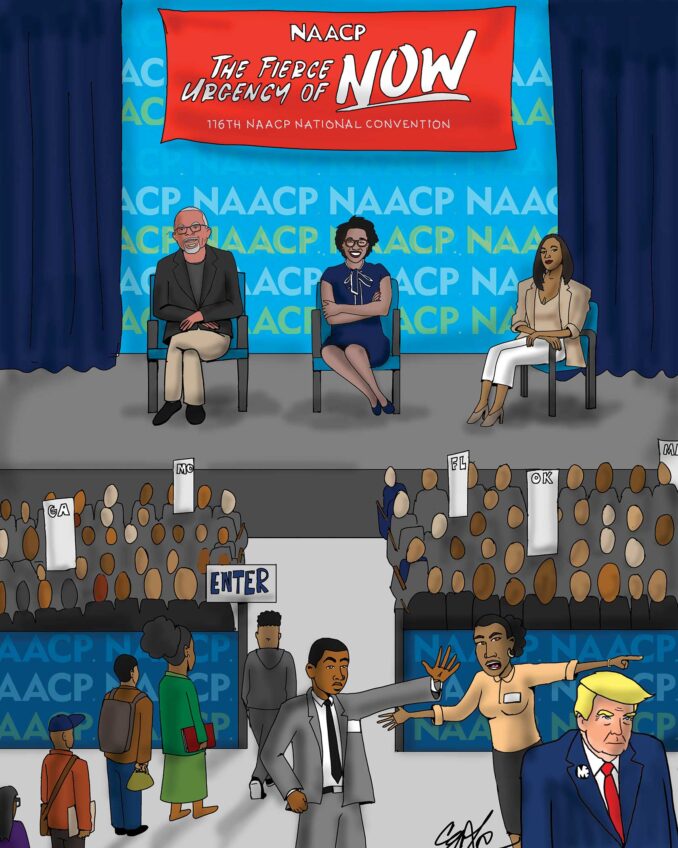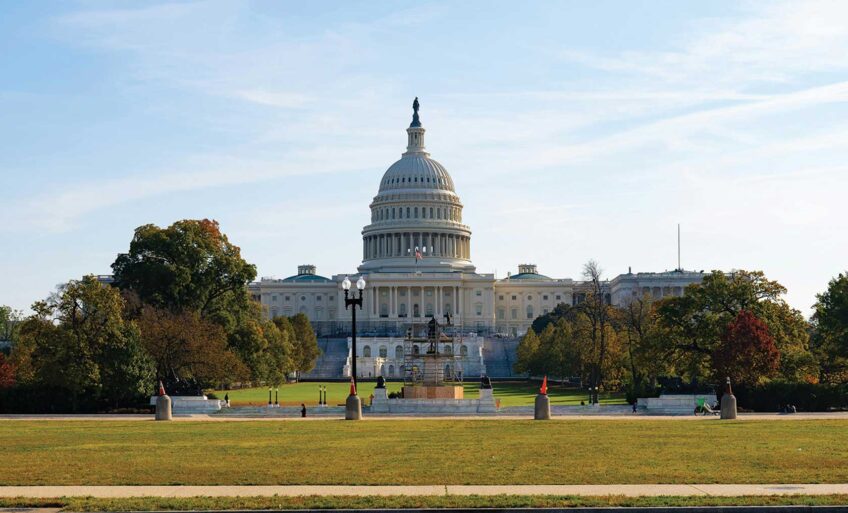
Ask anyone who’s been involved in the never-ending struggles for positive media portrayals of Boston’s communities of color and you’ll hear the familiar refrain: We’re fighting the same battles today that we did (fill-in-the-blank) years ago.
In the struggles to keep WHDH-TV’s “Urban Update” and the rest of the its ethnic and community programming on the air, I can tell you the exact number: 17 years.
That would take us back to November 2001, when the then-network affiliate on Channel 7 announced its intent to abruptly cancel “Urban Update,” its public affairs show about communities of color, along with “Asian Focus,” “Revista Hispana,” “Jewish Perspective” and “Higher Ground,” an inspirational program on moral and ethical issues.
At that time, I was president of the Boston Association of Black Journalists, whose mission includes the employment and retention of black journalists — many of whom built impressive careers on “Urban Update” and its sister shows in Boston, including WGBH’s “Say Brother,” WBZ’s “Coming Together” and WCVB’s “Cityline.” Among esteemed alums is Rehema Ellis, a former “Urban Update” host who went on to become a national correspondent for NBC News.
BABJ also is dedicated to accurate depictions of black people, free from the stereotypes elsewhere pervading TV airwaves. So it stands to reason that the group would strongly object to the show cancellations. Members of other ethnic communities, in turn, supported saving “Urban Update.”
And in an inspiring coming-together that should be recorded in the annals of Boston’s media history, a truly multicultural coalition quickly formed to challenge the station.
One of the first things the coalition’s members did was make a point to watch each other’s shows — and why not What resident of Boston wouldn’t benefit from viewing “Revista Hispana” in a city with a growing Hispanic population? The same goes for the other communities.
Mind you, the station didn’t, and doesn’t, make that easy, scheduling the shows at 7 a.m. Sunday morning.
But they’re worth getting up for, and when we met with station management in 2001, those officials quickly demonstrated they had less knowledge of what was on their air at that hour than we did, insisting that no one was watching. “Not true,” we responded — with a black member of the group describing what was on “Revista Hispana” the Sunday before.
Well, we can’t sell advertising on them, they continued. “Have you tried?” an Asian community member countered, suggesting that “Jewish Perspective” would be an ideal venue for Hebrew National commercials.
Yes, but those shows don’t get ratings, they protested — answered by our analysis showing they in fact did, compared to anything else on TV at that hour and even to targeted audience shows airing at better times, such as Sunday night sports recaps. (Since this is a history lesson, it bears noting that when “Urban Update” was a live broadcast, it got consistently impressive ratings — even leading in its time slot when it opened with breaking news such as the crash of a small plane in Mattapan. The station subsequently began pre-recording the show, and ratings unsurprisingly fell.)
Station management backed down slightly, saying they’d kill all the shows except “Urban Update.” We refused, and kept up the pressure until they finally agreed to keep them all — but at the cost of the job of veteran producer Victoria Jones, the creator of “Urban Update” and another former BABJ president.
I don’t know if WHDH’s leadership today is psychic, or trolling my email, or what, but one reason the above story is top of mind is that I just wrote it up as part of a nomination of Jones into the National Association of Black Journalists Hall of Fame. Jones, who died in 2016, will be posthumously inducted during the group’s convention in Detroit next week (August 1–5) metaphorically wearing the jersey of WHDH, where she spent the bulk of her 30-year TV career before her unceremonial departure.
And as if on cue, the station is once again decimating the shows — this time moving the weekly “Urban Update” from its midday Sunday time to 7 a.m., where it will appear monthly in rotation with the other shows. In an email, General Manager Jim Rogers told me the changes are necessary because the station no longer has a network affiliation, nor “the facilities necessary to produce all of the programs that we aired as an NBC affiliate.” As an independent station, it’s increasing its local news programming to 16.5 hours on weekends.
Yes, I know that in a world of tweets and YouTube sensations, TV is much different than it was 17 years ago. I also I know it’s not my place to tell someone how to run their business, even if this time economics weren’t directly given as a reason for the cutbacks (though targeted ethnic advertising ideas like the Hebrew National commercials still sound like a prime untapped opportunity; Facebook has certainly figured out how to make millions from even smaller niches.)
But I do know that WHDH still holds a broadcast license as a public trust, and Boston communities of color have been fighting over and over again to remind the power structure to honor that trust.
Because whether it’s 17 or 50 or 100 years later, we aren’t going away.
Robin Washington, a former Banner managing editor, contributes to numerous media entities in Boston and nationwide. He may be reached via Twitter @robinbirk.






